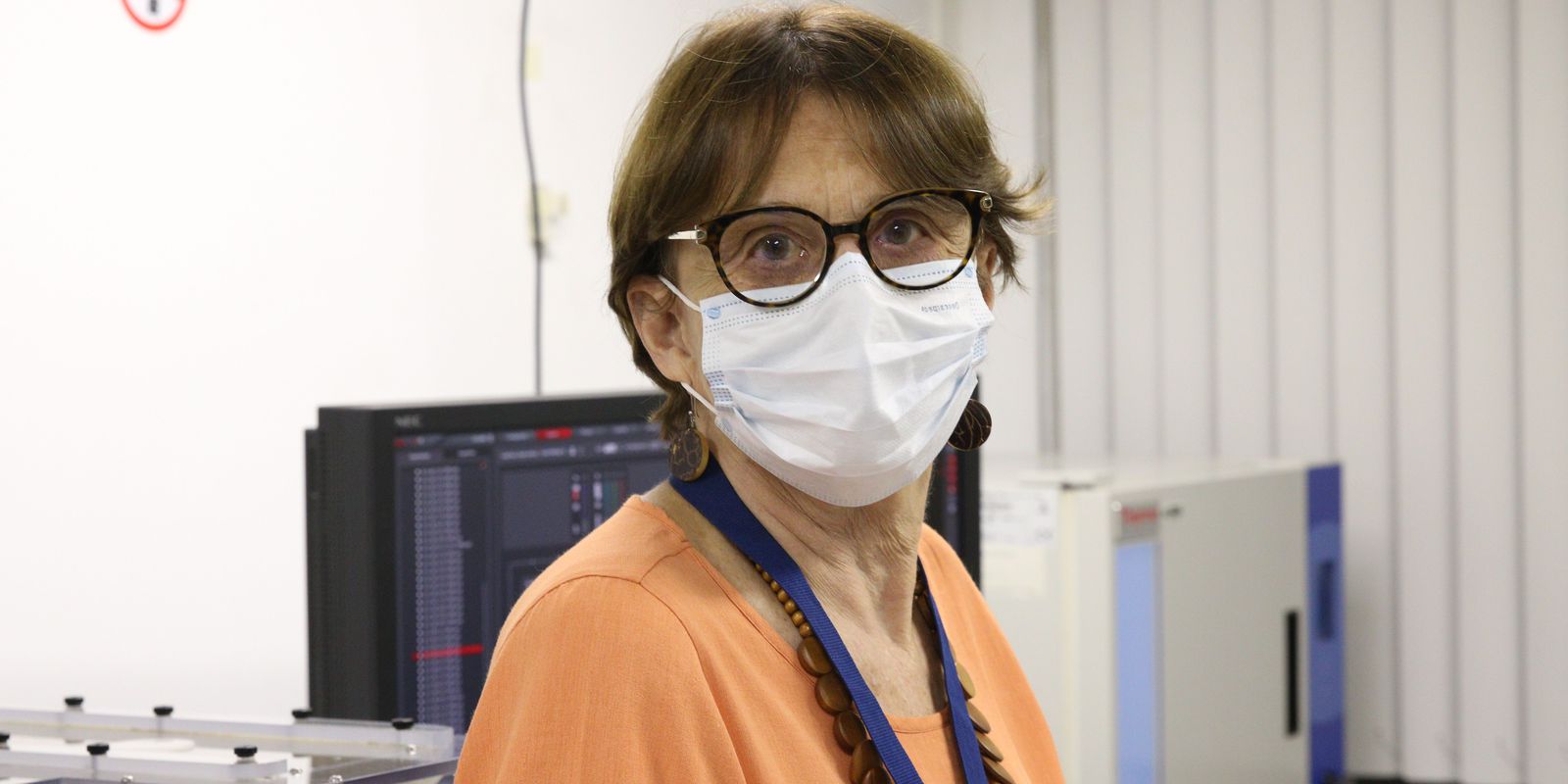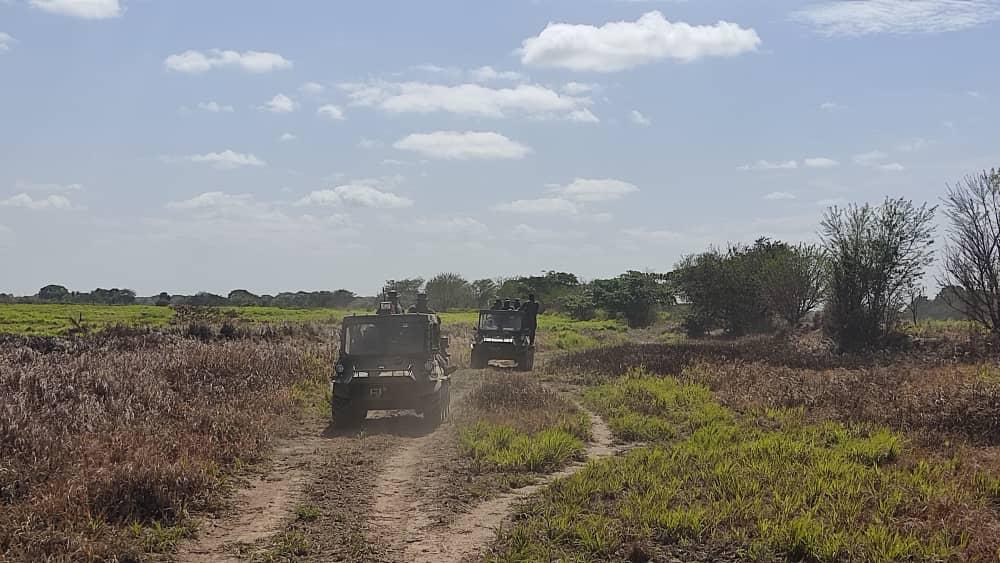Biomedical Helena Bonciani Nader is the first woman elected to assume the presidency of the Brazilian Academy of Sciences (ABC) – an institution founded 105 years ago.
The election of the Doctor in Biological Sciences by the Federal University of São Paulo (Unifesp) took place during the General Assembly of the institution, on March 29. Of the 568 members qualified to vote, 420 exercised this right, as voting is not mandatory.
She will be sworn in during the ABC Magna Meeting, between May 3 and 5, 2022, at the Museum of Tomorrow, in Rio de Janeiro, and will assume the position for the triennium 2022-2025.
“For me, it is a joy and, at the same time, a responsibility, and also a sadness”, stated Helena.
“The fact that we have to celebrate that we are a woman shows that our society is still far behind. We have a lot to go on. I see that Brazil has gone backwards in recent years in relation not only to women, but to human rights as a whole. Brazil has gone backwards in culture, in indigenous peoples, quilombola populations and with women. Questions such as ‘a woman’s place is to stay at home to take care of her children’. This is not the case in a democracy, much less the state wanting to advocate.”
The researcher has been vice president of ABC since 2019 and will assume the chair of physicist Luiz Davidovich. Chemist Jailson Bittencourt de Andrade, a retired professor at the Federal University of Bahia (UFBA) and active at the Senai-Cimatec University Center, will occupy the vice-presidency of the new board.
Helena Nader was president of the Brazilian Society for the Progress of Science (SBPC, 2011-2017), where she is currently honorary president, president of the Brazilian Society of Biochemistry and Molecular Biology (SBBq, 2009-2010) and is co-president of the Network Inter-American Association of Science Academies (Ianas).
Plurality in Science
Promoting plurality in science and education are priority agendas for the new president of ABC.
“To transform Brazilian society to be a more just society, giving the first point of struggle, education. Without education there is no science, without science there is no technology, without technology there is no innovation. The academy will increasingly fight for this and build a bridge with society. We already do, but we can improve.”
“The pandemic had a positive side, which was to show society the value of science. What we want is to dialogue more with society, work [científicos] that are more complex, let’s put it in a more objective way”, stated Helena.
Another important point of the new administration will be the work related to gender equality in science.
“We have women [cientistas] capable and I see a very important impact on children. It’s showing them the following, ‘regardless of the profession, girl, you can do whatever you want, there is no such difference’. We are physiologically different, but not intellectually, a woman can and should knock on the door, if she closes, she turns around and goes to another one, she goes to fight, she cannot accept ‘no’ as a final answer”.
She points to the doctor and researcher Margareth Dalcolmo – one of the main specialists in covid-19 and lung diseases in the country – as an example for the new generations.
“I think Margareth is an unusual woman in what she does. Not to mention others, like Ester Sabino [imunologista, pesquisadora e professora universitária brasileira]. This pandemic showed several scientists, who were examples for girls and also for boys because their clarity motivated the boys too.”
Helena Nader regrets that the division of domestic tasks is still unequal and falls on women, often harming intellectual work and outside the home.
“The pandemic has harmed women scientists more than men, not only in Brazil, but abroad as well. Due to everyone staying at home, the scientific production of men increased, but that of women fell. Which shows the inequalities. I mean, we walked, but a big event, like the pandemic, showed that this balance in work-from-home relationships is still very, very unequal and very unfavorable for women”, lamented the researcher.
The scientist recognizes that Brazil needs to go a long way to combat inequalities. Within science, she also states that it is necessary to guarantee the entry of more blacks and indigenous people.
“In Brazil it is not just inequality between men and women, but inequality between races. The majority of the Brazilian people are black. Science is still very little black. There are few indigenous people. The country must, first, recognize that it was a slave and insist on public policies of inclusion”.
Dialogue
With the banner of dialogue with society, Helena is excited to talk about the benefits that science can bring to everyone. “We are doing science for society, whether to understand the world or to generate a certain product. Science is the accumulation of knowledge for the well-being of society, so this dialogue will be very important”.
In her administration, the researcher says she also intends to increase the dialogue with the government.
“We are going to fight for Brazil, in fact, to assume education and science as a State policy, and not of those who have a pen in their hand, whose government is on duty. It’s hard, but we want to. I saw this happening in the United States, where legislators, if they don’t bring the benefit to the collective – and the benefit is not the salary increase – they are not going to be reelected”, he highlights.
Helena also believes in the importance of working to convince legislators.
“Often, deputies and senators are voting on certain legislation and there are some details that can strongly affect society, as is the case, for example, of the Provisional Measure (MP) in relation to resources aimed at gas and oil. Instead of investing in science, they will renew their machine fleets!”, he laments.
“Himself [Donald] Trump [ex-presidente dos Estados Unidos] invested more in science, including in industry. The Pfizer and Moderna vaccines had public money invested”, recalls the researcher.
She was referring to MP 1.112/2022which changes four laws with the objective of contributing resources to the Program to Increase the Productivity of the Highway Fleet in the Country (Renovar).
Companies contracted for the exploration and production of oil and natural gas may allocate resources for the dismantling and destruction of end-of-life heavy vehicles and discount the amount applied from the total investments they are required to make in the areas of research, development and innovation.
Study with heparin
The biomedical research object is heparin, a compound that prevents blood clotting and prevents the formation of thrombi. The researcher has a scholarship from the National Council for Scientific and Technological Development (CNPq), has published more than 380 articles in international scientific journals and has already graduated 46 masters and 51 doctors, with whom she is proud to work together.
“Heparin is an anticoagulant that to date has no substitute, it is removed from the bovine and porcine intestinal mucosa, this anticoagulant is essential for those who undergo hemodialysis”, he explains. The drug prevents thrombus in the dialysis circuit.
A recent discovery showed that heparin can prevent the new coronavirus from invading cells. The tests were conducted by researchers from the Institute of Pharmacology and Molecular Biology of the Federal University of São Paulo (Infar/Unifesp).
“There’s a layer in the blood vessel called the endothelium, and blood flows through it. With covid-19, the endothelial cell is damaged and, instead of being antithrombotic, it becomes prothrombotic, it coagulates and what we saw was that heparin has a fundamental role “, he explains.
“There is also the twin brother of heparin, and it was our laboratory [Infar/Unifesp], together with some laboratories abroad, the first group showing that there is a receptor on the surface that is similar to heparin called heparan and that is important for the interaction of the virus. When you give heparin, you prevent the new coronavirus from entering the cells. We were the first laboratory to see this, we published it and we had the help of Fapesp [Fundação de Amparo à Pesquisa do Estado de São Paulo]which was fundamental”, stressed Helena.










